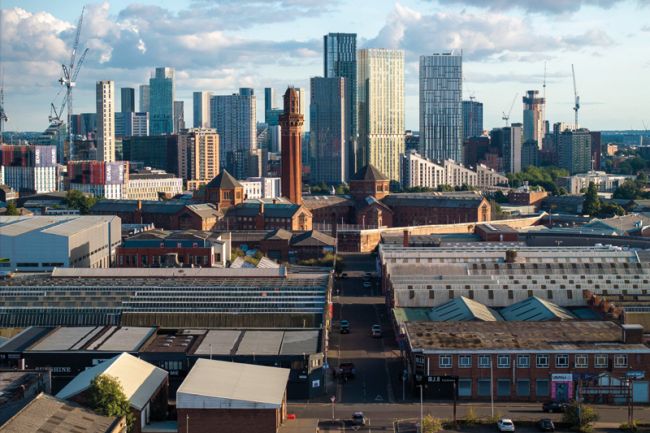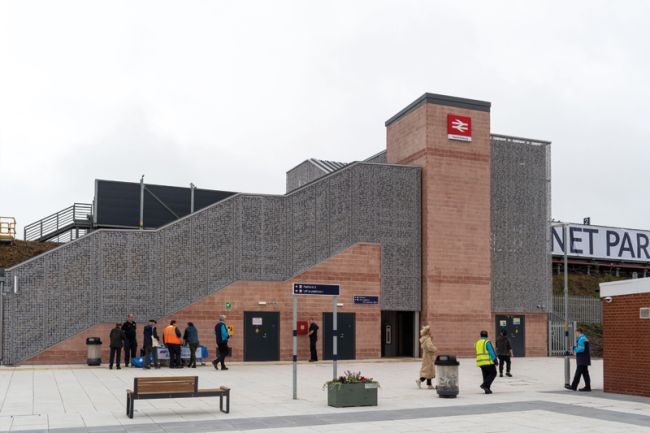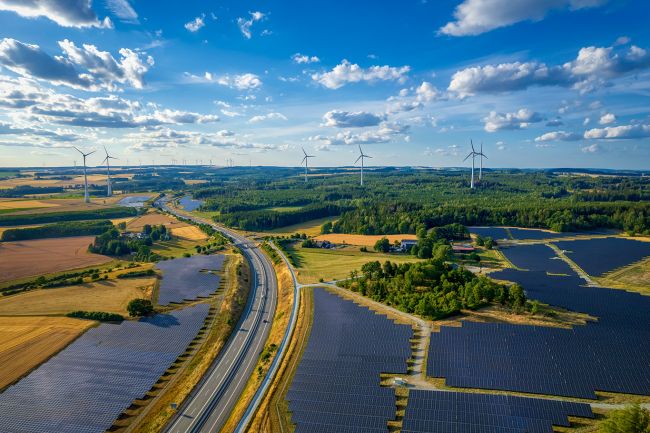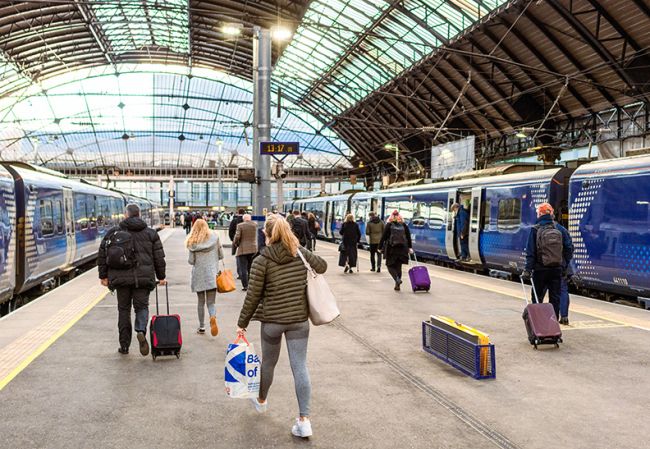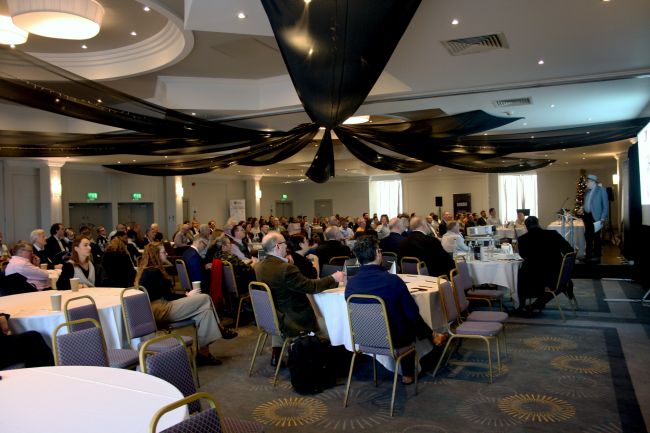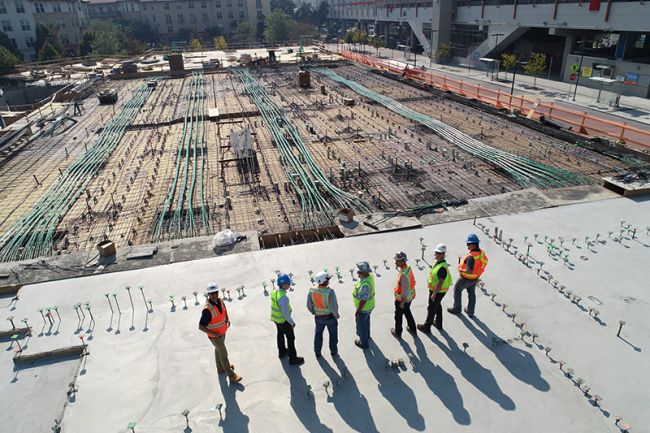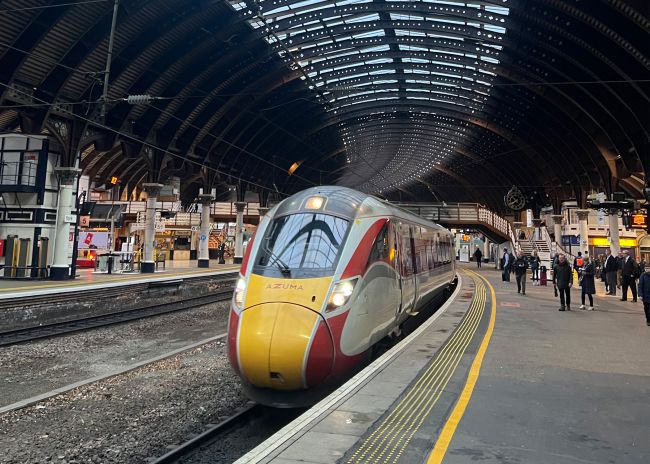Is the railway relevant to Britain anymore?
Sometime in 2024 we’ll have a General Election. Should the current Government be returned to power, it will look to reset its policy agenda.
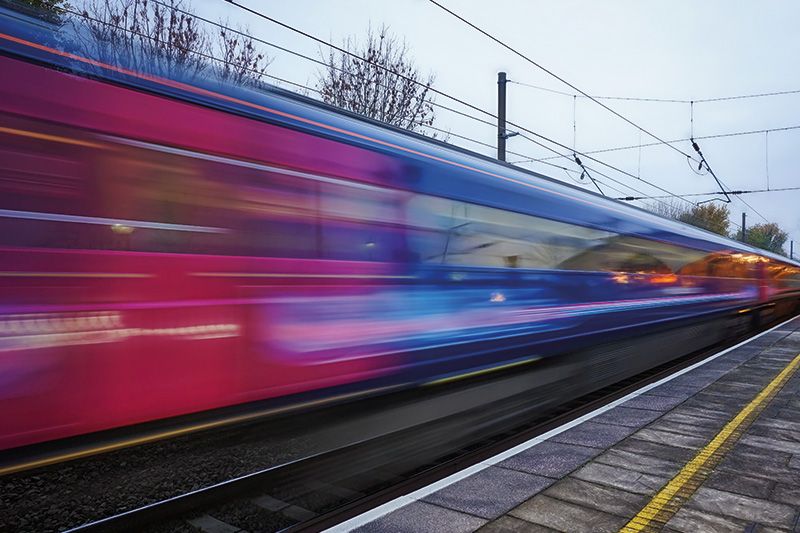
Welcome to the 'Recalibrating Britain's Railways' event series—a thought-provoking journey that challenges conventions and reshapes the railway landscape.
Is the railway relevant to Britain anymore?
Sometime in 2024 we’ll have a General Election. Should the current Government be returned to power, it will look to reset its policy agenda. If the Opposition wins, then it will want a clean break from the past. Either way, policies and priorities will change, but the fundamental challenges will be the same – a sluggish post-Brexit post-Covid economy, a distribution of opportunity that many see as inequitable, and the climate crisis and the need to make rapid progress to net zero amplified by growing concerns about environmental sustainability. At the same time, the public purse will be under pressure, with calls to invest in schools, hospitals, prisons and more, along with a revenue budget squeezed by inflation. There will be hard choices to make. Given these challenges, why should a new government choose to invest in rail?
Our starting point has to be recognition that Covid has led to a significant and long-lasting change to how much of the UK economy works. Importantly, some of the most significant changes have happened in those parts of the economy where rail plays a big role. Commuting into town and city centres, and longer distance business travel are below pre-Covid levels and are likely to stay below pre-Covid levels for some time to come. On the other hand, rail is a winner when it comes to serving the post-Covid domestic leisure markets.
Working from home was growing before the pandemic, something that had been associated with the fall in season ticket sales seen over the last decade. And before the pandemic, Skype and Zoom were substituting for business trips. Pre-pandemic, weekend leisure travel was also on the up. Perhaps what the pandemic did was simply bring forward what was going to happen anyway, but this doesn’t lessen the financial shock to the railway. What should be clear is that we’re not going back to March 2020, which also means all those schemes and plans that we had pre-pandemic need to be rethought, starting with addressing the question what now is the role of rail?
Rail has always been a facilitator and an enabler – of economic growth, of securing social value and of environmental gain. Working from home is here to stay, but towns and cities will remain the drivers of our future economy. The benefits of agglomeration haven’t gone away because more people are working from home, but they are likely to manifest in different ways. Towns and cities are the heart of our retail economy and a major part of the national visitor economy.
The Government has set its asks of the railway (see figure 1). These are intended to drive the development of the promised Long Term Strategy for Rail. There is a heavy emphasis on financial sustainability and supporting economic growth both through serving Britain’s transport users, passengers and freight, and in the manner in which the railway is effective with the revenues it earns and Government support it receives.
The way that the economy works has changed and these changes have been deepest in those parts of the economy that rail is strongest. But rail still has a key role to play, it’s just that role is not the same as it was pre-pandemic. On top of that the railway needs to close the gap between its revenue and its costs. There is the potential for mutual gain here – a railway that better serves the post-pandemic economy will be a railway that is more financially sustainable.
Figure 1: Government’s five strategic objectives for Britain’s railways
Meeting customers’ needs
- Increasing VfM and improving the performance, reliability and convenience
- Meeting multi-modal expectations and reducing end-to-end journey times
- Maintaining a safe railway as part of a safe transport system and widening accessibility
Delivering financial sustainability
- Reducing costs to Government
- Ensuring a sustainable balance fare/fee and government funding
- Increasing the efficiency of operations, asset management and capital investment – delivering on time and on budget
Contributing to long-term economic growth
- Reducing total journey time and cost for transport users
- Connecting labour markets and realising agglomeration benefits
- Connecting places to markets, directly investing in skills, innovation and digital infrastructure, crowding in foreign investment and facilitating housebuilding & place-making agenda
Levelling up & connectivity
- Contributing to long-term economic growth in areas in support of levelling up
- Contributing to social benefits from improved connectivity
- Improving rail passenger and freight connectivity across the union
Delivering environmental sustainability
- Encouraging modal shift by increasing the attractiveness of rail
- Delivering rail net-zero (traction and infrastructure), protecting biodiversity and addressing air pollution
- Protecting transport links by investing in climate adaption

